March note from our Talent Initiatives lead
While companies continue to cut costs and make layoffs in the wake of a highly anticipated (though not clearly signaled) recession, the nation’s ratio of available workers to open positions remains less than one to one. This means that there are more open positions across the United States than unemployed people available to fill them. Demographic changes can be attributed to a decline in the working age population following baby boomer retirements, as well as decreased immigration.
And San Diego is not immune to these impacts. In fact, the nature of the region’s highly skilled economy adds even greater complexity. From August to December 2022, there was an average of more than 50,000 people unemployed month over month in San Diego (BLS). During that same period, there were more than 238,000 unique job postings in the region (Lightcast). Of those 238,000 jobs, 31 percent required a bachelor’s degree or higher as a minimum requirement. Currently, these ‘must-haves’ serve as a proxy for a list of technical and interpersonal skills employers are looking for in candidates. But a recent publication by The Burning Glass Institute explores how that assumption, even in the tech industry, has been changing for the better since before the pandemic.
According to a 2021 statement, multinational tech leader IBM has “stripped bachelor’s degree requirements for more than half of [its] U.S. job openings, and [is] continuously reevaluating [its] roles to prioritize skills over specific degrees.”
Like IBM, it’s time for San Diego to rethink talent pipeline development.
Highly educated individuals are important to the growth of our innovation economy, but they cannot (and should not be expected to) fill every job. Not to mention, the nature of diversity, equity, and inclusion means not every hire should be the ‘university-educated type.’ Often, years of experience and/or non-traditional training can both substitute a degree and serve a company better.
For three years, a key feature of the Advancing San Diego program has been to help employers define the skills required for critical jobs—looking beyond the degree(s) and instead at the capability. Using the Talent Pipeline Management model, talent acquisition teams are challenged to step away from habits and traditions and gain a real understanding of the jobs of today and tomorrow. Doing so has the potential to open high-growth, high-wage occupations to opportunity populations—moving the needle on our Inclusive Growth goals and further seeding diversity of thought within companies.
As the three-year, $3 million AdvancingCities grant from JPMorgan Chase sunsets, San Diego and Imperial Valley were pursued and granted $18 million to continue this talent work. This new funding, called the Border Region Inclusive Talent Pipeline Collaborative, builds upon the work of Advancing San Diego by expanding into K-12 education, into new industries, and into new partnerships.
While this investment aligns and strengthens publicly available resources, long-term solutions to workforce challenges will require the investment and creativity of employers like you.
If you’re interested in learning more about Advancing San Diego, or you want to work with the EDC team to dream up and pilot creative talent solutions, let’s talk.
Thank you,

Taylor Dunne
Director, Talent Initiatives

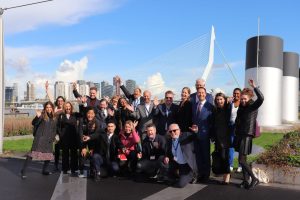
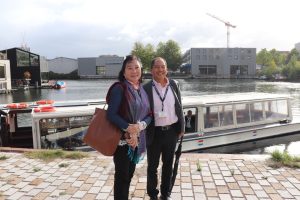
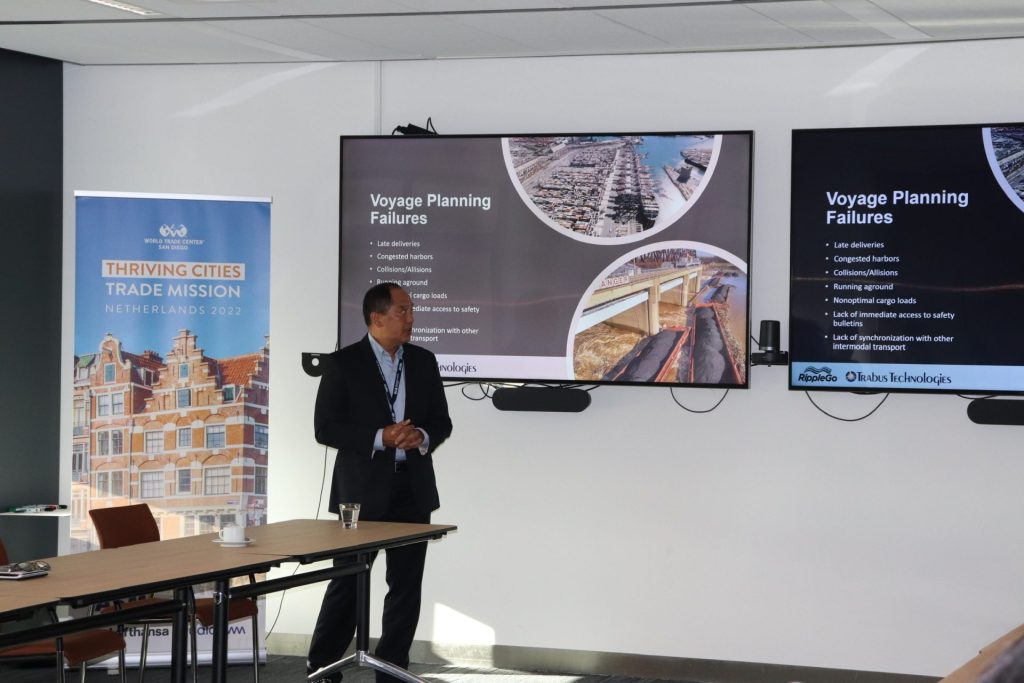
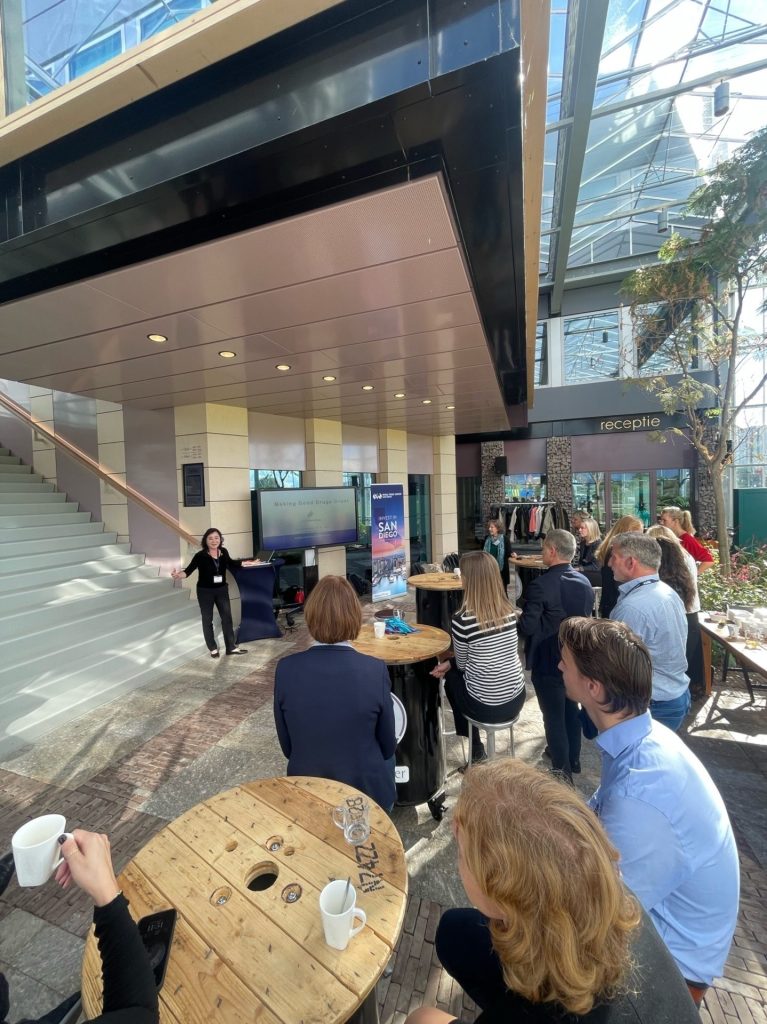


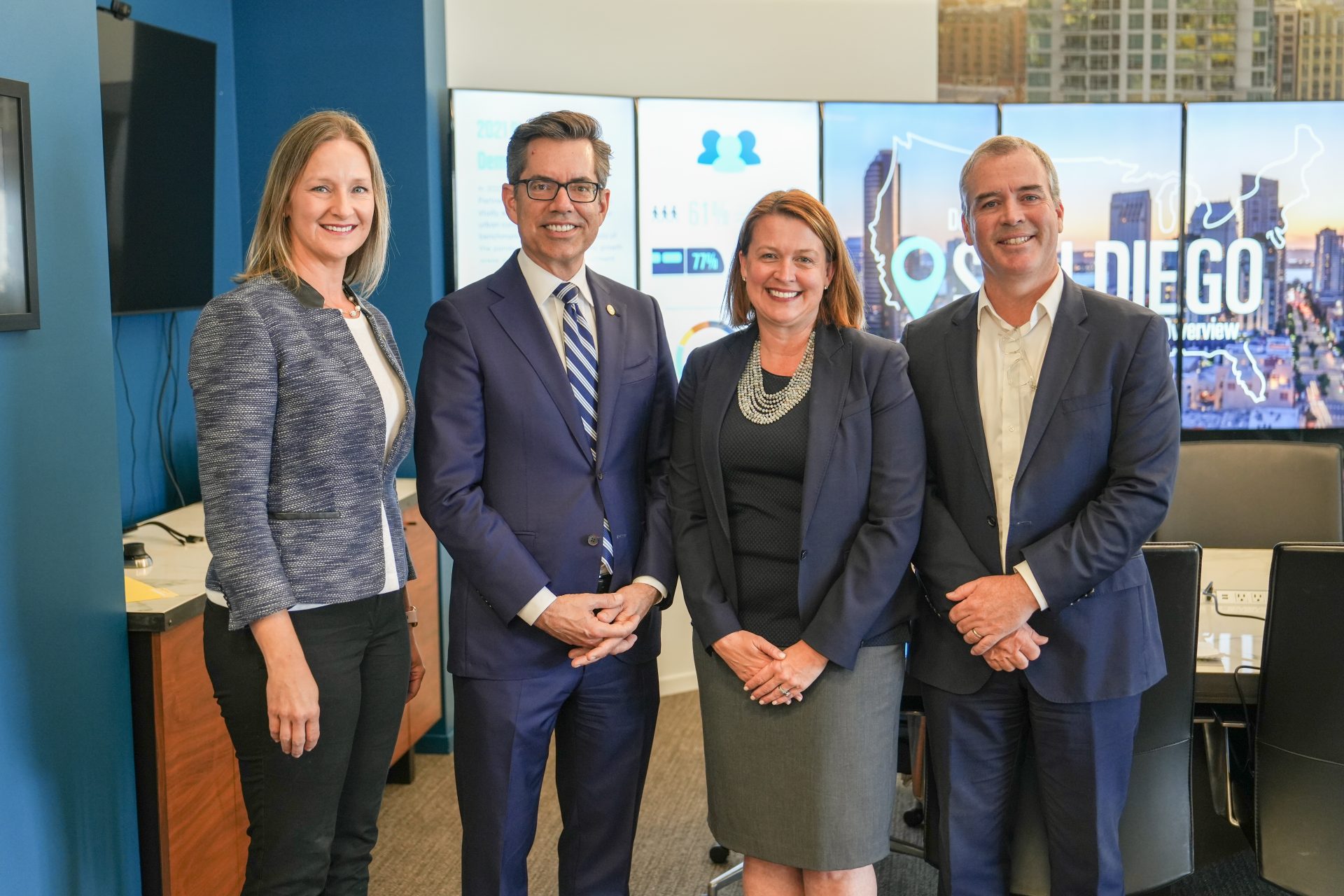 “While San Diego’s innovation economy continues to drive the region’s recovery from the COVID-19-spurred economic downturn, we must ensure the building blocks of this recovering economy—quality jobs, skilled talent and thriving households—are accessible to more people,” said Mark Cafferty, president and CEO of EDC. “The data confirms that the pillars to build a more resilient economy through continued investment into Downtown by new, growing and diversified industries are in place and ready. More than ever, smart economic development means inclusive economic development.”
“While San Diego’s innovation economy continues to drive the region’s recovery from the COVID-19-spurred economic downturn, we must ensure the building blocks of this recovering economy—quality jobs, skilled talent and thriving households—are accessible to more people,” said Mark Cafferty, president and CEO of EDC. “The data confirms that the pillars to build a more resilient economy through continued investment into Downtown by new, growing and diversified industries are in place and ready. More than ever, smart economic development means inclusive economic development.”